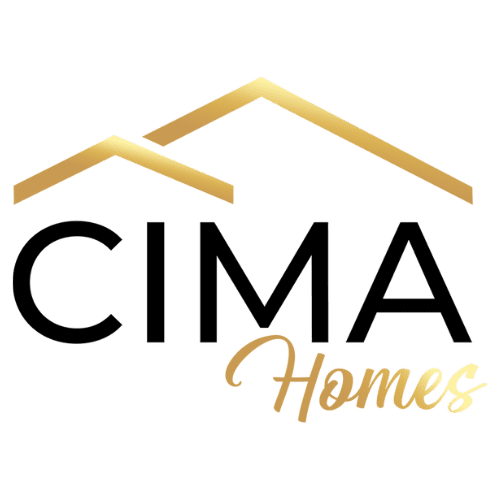1031 Tax Deferred Exchange
1031 Tax Deferred Exchange

1031 TAX DEFERRED EXCHANGE
1031 TAX DEFERRED EXCHANGE
The 1031 Tax Deferred Exchange is a method by which owners of investment property may transfer the equity in their current property into a new property without triggering a taxable event.
Property you are relinquishing or selling.
Property you are acquiring or buying.
When the upleg you desire has been located and is available to close escrow at the same time as your downleg.
(STARKER EXCHANGE) – Used when the upleg property you desire either hasn’t been located or if located can’t close escrow concurrently with your downleg property, (you must properly identify your upleg property – see rule #3).
The cost figure given to you (the client) by your accountant, which is carried over to the new property. It is very important that you have your accountant determine your property’s basis, as it is an important consideration in choosing the value of your upleg.
The IRS’s term for Cash-Value. Boot may be any one of the following or any combination of the following: 1) cash you receive; 2) loans on your current property which are paid off or paid down. (debt relief); 3) loans on your current property which are assumed by the next owner (debt relief); or 4)valuable goods or services – either given or promised as part of the purchase price of your new property.
Investment real estate for investment real estate. You may exchange a duplex for a house, an apartment complex for vacant land in certain instances, etc. (or any combination as long as you follow rule #2).
A. The value of your new property must be equal to or greater than the value of your old property, less costs of sale. B. The debt amount (mortgage) on your new property must be equal to or greater than the debt amount on your old property.
Within 45 days from the close of escrow on your downleg property, you must choose your upleg property. This must be evidenced by purchase contract or notification to escrow or your accommodator. You may identify up to (a) 3 properties of any value or (b) more than 3 properties whose combined values are less than 200% of the value of the downleg property. Escrow on your upleg property must close within 180 days of the date your downleg closed or before you file your next tax return.

